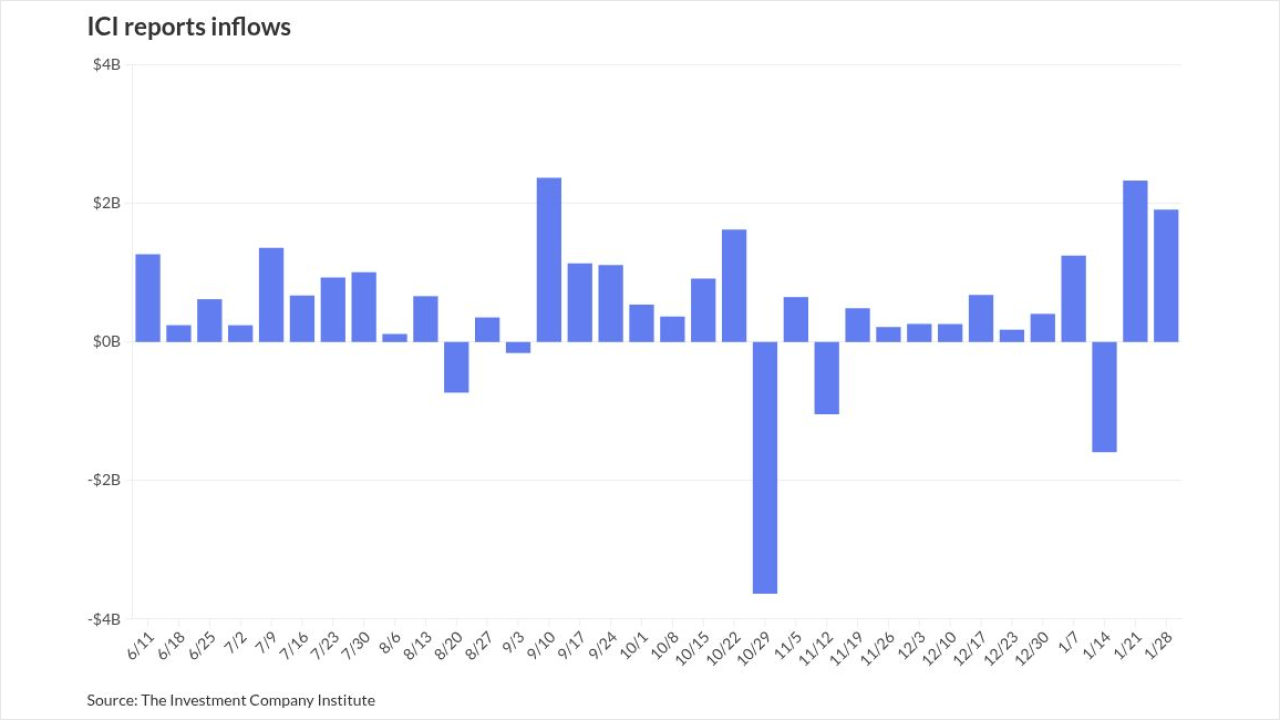DALLAS — The Austin City Council is considering bond projects worth about $189 million to accommodate the growing passenger traffic at Austin Bergstrom International Airport.
Plans include a new security checkpoint as part of a $45 million terminal expansion.
The city is also considering contracts to build a $144 million parking garage that would be the second at the 13-year-old airport.
Built at the site of the former Bergstrom Air Force Base in southeast Austin, ABIA was designed to handle 11 million passengers per year. Last year, 9.1 million passengers used the facility, a record number.
The 700,000-square-foot terminal would gain up to 50,000 square feet and would include capacity for additional gates, officials said. Over the long term, the airport hopes to add flights to Europe in addition to its current service to Mexico.
The airport has $20 million collected from rental car fees of $5.95 per rental to begin financing construction of the parking garage. Future rental fees would support revenue bonds that would not need voter approval, according to officials.
Austin Bergstrom is one of several in Texas undergoing bond-financed expansion or remodeling.
The San Antonio City Council last month approved a $4.50 rental car fee to fund a $127 million combined rental-car facility.
Houston is in the midst of a $1 billion terminal remodeling project at George Bush Intercontinental Airport and another $100 million expansion of the smaller Hobby Airport.
Dallas-Fort Worth International Airport is working on a $2 billion remodeling of its four original terminals while nearby Love Field is replacing its original terminal under a $519 million bond project financed by major tenant Southwest Airlines.
Austin’s airport debt of about $300 million carries ratings of A from Standard & Poor’s with a stable outlook. The city’s general obligation bond rating is triple-A from S&P, Moody’s Investors Service and Fitch Ratings.
Austin Bergstrom opened for service on May 23, 1999, replacing Robert Mueller Municipal Airport, which was landlocked by urban development. Since its closure, Mueller has become a residential and commercial community financed by a city nonprofit corporation.
With the rapid growth of Austin and its suburbs, Austin-Bergstrom has seen boardings and departures increase steadily in recent years, despite economic turmoil in the airline industry.





